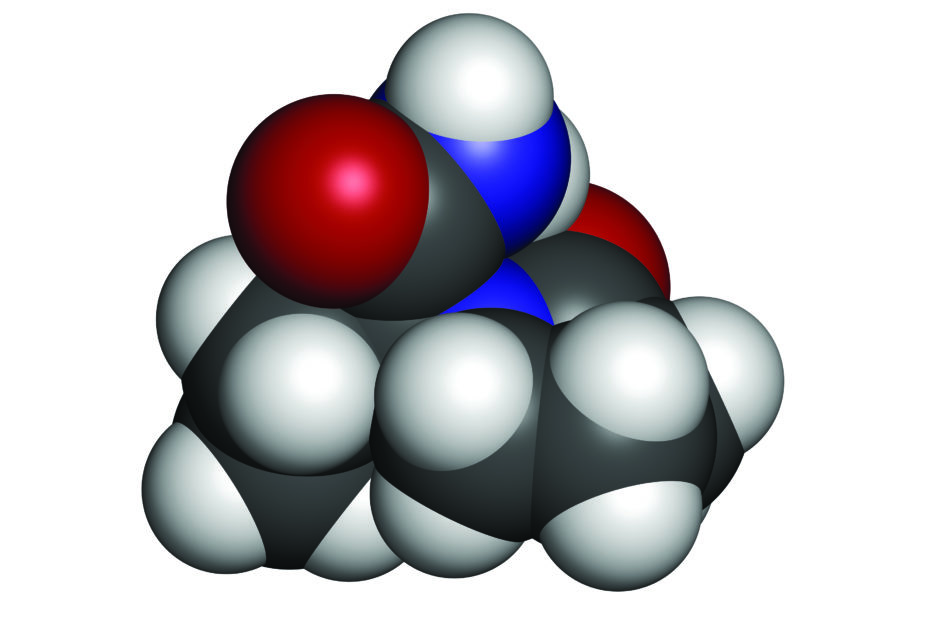
Shutterstock.com
Despite more than half of infants with epilepsy presenting with characteristics that do not conform to recognised patterns (non-syndromic presentation), there is a lack of evidence-based guidance on how to begin their treatment.
In JAMA Pediatrics (online, 12 February 2018), researchers analysed data on 117 infants who received levetiracetam after their first seizure, compared with 38 infants who received phenobarbital[1]
. Monotherapy failure was defined as experiencing seizures between 3–6 months after initiation, or receiving additional antiepileptic therapy by 6 months.
The researchers found that 47 (40.2%) of levetiracetam-treated patients were free of monotherapy failure, compared with just 6 (15.8%) of the phenobarbital-treated patients.
They concluded that levetiracetam appears to be superior to phenobarbital as initial monotherapy for non-syndromic epilepsy in infants; however, randomised clinical trials are needed to confirm this.
References
[1] Grinspan Z, Shellhaas R, Coryell J et al. Comparative effectiveness of levetiracetam vs phenobarbital for infantile epilepsy. JAMA Pediatr 2018. doi:10.1001/jamapediatrics.2017.5211


